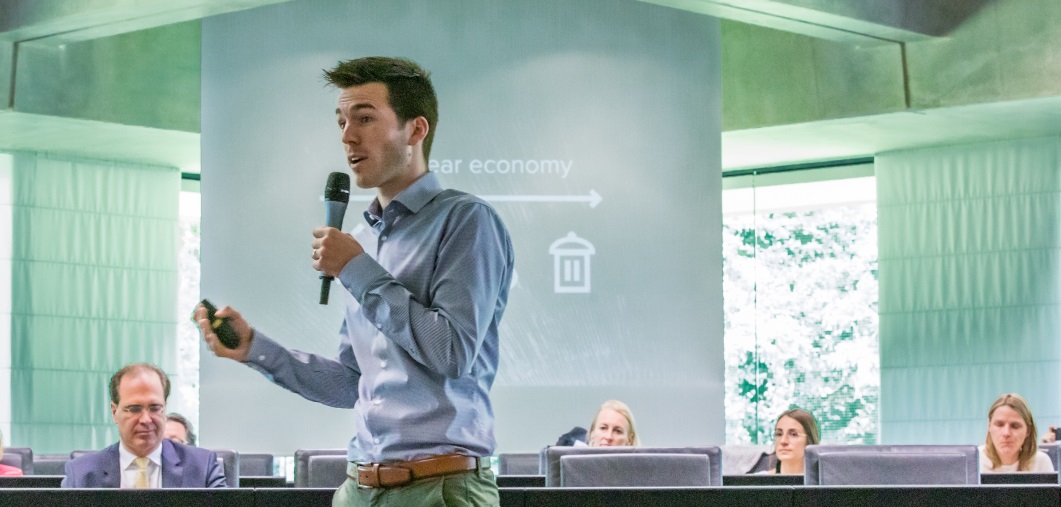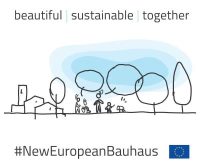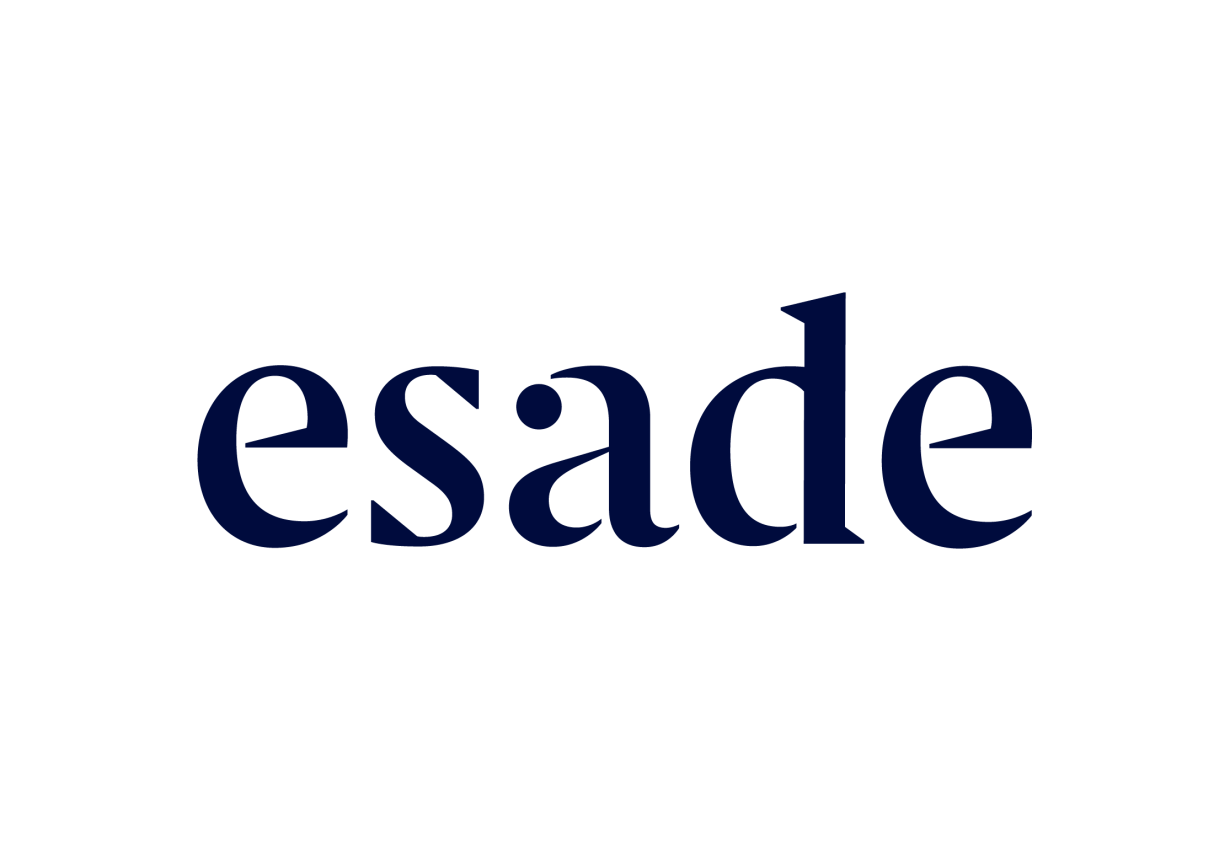Though fundamental to our everyday life plastics are one of the most wasteful examples of our existing linear, take-make-dispose economy. “We need a fundamental redesign of the economy, a massive global shift from a linear to a circular economy”, he added. Each year, 8 million tonnes of plastics enter the oceans. At this pace, by 2050, there could be more plastics than fish in the ocean.
To change this, the Ellen MacArthur Foundation launched the ‘New Plastics Economy Global Commitment’ that aims at eradicating plastic waste and pollution at the source. So far it has been signed by 400 businesses representing 20% of the industry, financial institutions including the EIB, but also 16 governments and many cities. A number of academics, NGOs, and citizens have also signed the text.
The Global Commitment provides “a robust framework” with common targets by signatory type by 2025, such as
- eliminating problematic or unnecessary plastic packaging;
- moving from single-use towards reuse models where relevant;
- 100% of packaging to be reusable, recyclable, or compostable;
- using 25% recycled content across all plastic packaging used (against 2% currently), and an annual public reporting process, concluded M Defruyt.
This was the second of a series of seminars the EIB Institute is organising together with the EIB Corporate Responsibility Department. It will host key representatives from important Civil Society Organisations that the EIB Group engages with on a broad range of sustainability topics.
Click here for the presentation and click on the image on the right to listen to the seminar





